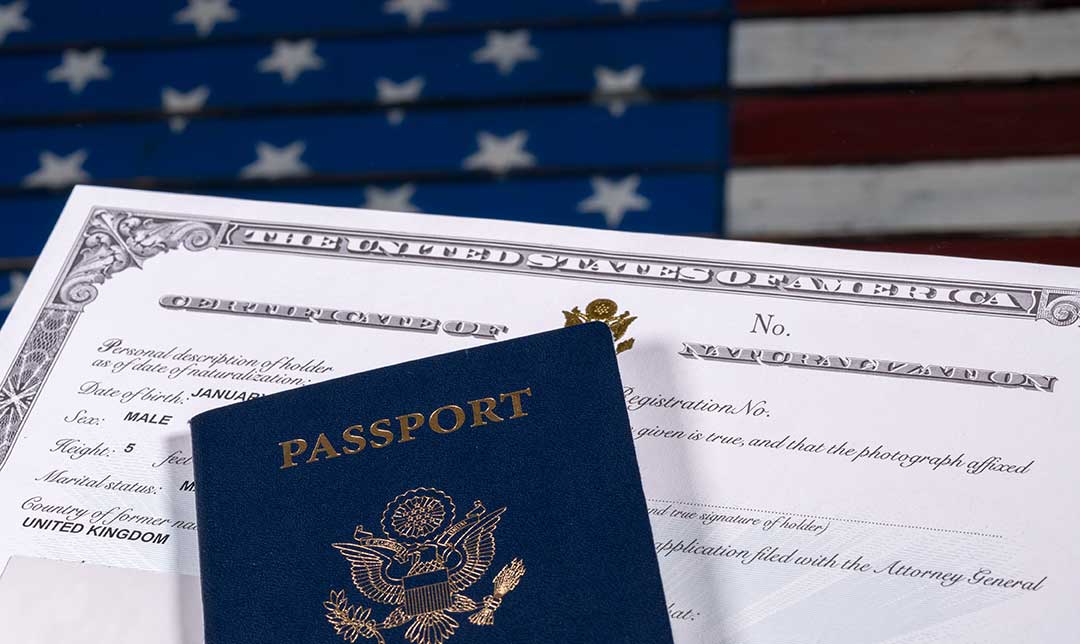Beyond the Stick and Rudder: The Cognitive Skills That Make a Pilot Great

To embark on the challenging yet immensely rewarding journey of becoming an airline pilot, aspiring aviators need more than just a passion for flight. They must cultivate a comprehensive set of competencies that extend far beyond technical stick-and-rudder skills. The modern cockpit demands a blend of intellect, discipline, resilience, and exceptional interpersonal abilities. This article will delve into the essential competencies every aspiring airline pilot needs to succeed, offering a roadmap for those aiming to navigate the skies professionally.
The Foundation: Core Technical Prowess
While non-technical skills are increasingly emphasized, a strong technical foundation remains paramount. This encompasses a deep understanding of aerodynamics, aircraft systems, meteorology, and navigation.
Aerodynamics and Aircraft Systems Knowledge
A pilot must possess an intuitive grasp of how an aircraft flies, the forces acting upon it, and the principles of lift, drag, thrust, and weight. This theoretical understanding translates into practical application during flight, allowing for informed decision-making regarding speed, altitude, and configuration. Furthermore, an intricate knowledge of the specific aircraft’s systems – engines, hydraulics, avionics, electrical, and fuel systems – is non-negotiable. Pilots must understand how these systems operate, their limitations, and how to troubleshoot malfunctions effectively. This requires dedicated study and continuous learning as aircraft technology evolves.
Navigation and Meteorology Expertise
The ability to navigate accurately, whether using traditional methods or advanced GPS systems, is fundamental. This includes understanding airspace classifications, reading charts, and executing precise flight plans. Equally critical is a comprehensive understanding of meteorology. Pilots must be able to interpret weather reports, forecasts, and radar imagery to assess conditions, identify potential hazards like thunderstorms, icing, or turbulence, and make sound decisions regarding flight routes and diversions. Safety hinges on a pilot’s ability to anticipate and react to the ever-changing atmospheric environment.
Beyond the Technical: Cognitive and Non-Technical Skills
The complexities of modern aviation demand a robust set of cognitive and non-technical skills that complement technical proficiency. These are often the differentiating factors between a good pilot and an exceptional one.
Situational Awareness
Perhaps the most critical non-technical skill, situational awareness is the accurate perception of all operational and environmental factors that affect the flight. This includes understanding the aircraft’s position, energy state, surrounding traffic, weather conditions, system status, and crew actions. A pilot who is very aware of their surroundings can see difficulties coming, make decisions ahead of time, and keep a clear picture of the Florida ATP flight school in their mind. This skill is constantly being refined through experience and deliberate practice, particularly in high-fidelity simulators.
Decision-Making and Problem-Solving
Airline pilots are constantly faced with decisions, from routine operational choices to critical emergency responses. Effective decision-making involves quickly and accurately assessing a situation, identifying options, evaluating risks and benefits, and selecting the most appropriate course of action. This requires logical reasoning, the ability to prioritize, and the courage to make tough calls under pressure. Strong problem-solving skills enable pilots to diagnose issues, apply their knowledge, and develop effective solutions, often with limited time and resources.
Communication
In the cockpit and with air traffic control, it’s very important to communicate clearly, concisely, and without any room for doubt. Pilots must be able to transmit and receive information accurately, understand intentions, and resolve ambiguities. This includes active listening, effective verbal and non-verbal cues, and the ability to articulate complex information simply. Miscommunication can have catastrophic consequences in aviation, making this a top-tier competency.
Conclusion
It is a career that demands a unique blend of technical expertise, cognitive agility, and robust personal attributes. Aspiring aviators who diligently cultivate these competencies – from a deep understanding of aerodynamics to exceptional communication and unwavering integrity – will be well-equipped to navigate the demanding yet incredibly rewarding world of airline operations, ensuring the safety and comfort of millions of travelers across the globe. Success in the cockpit is not merely about flying an aircraft; it’s about leading a team, managing complex situations, and continuously learning and adapting in one of the most dynamic and safety-critical professions in the world.


